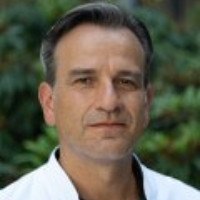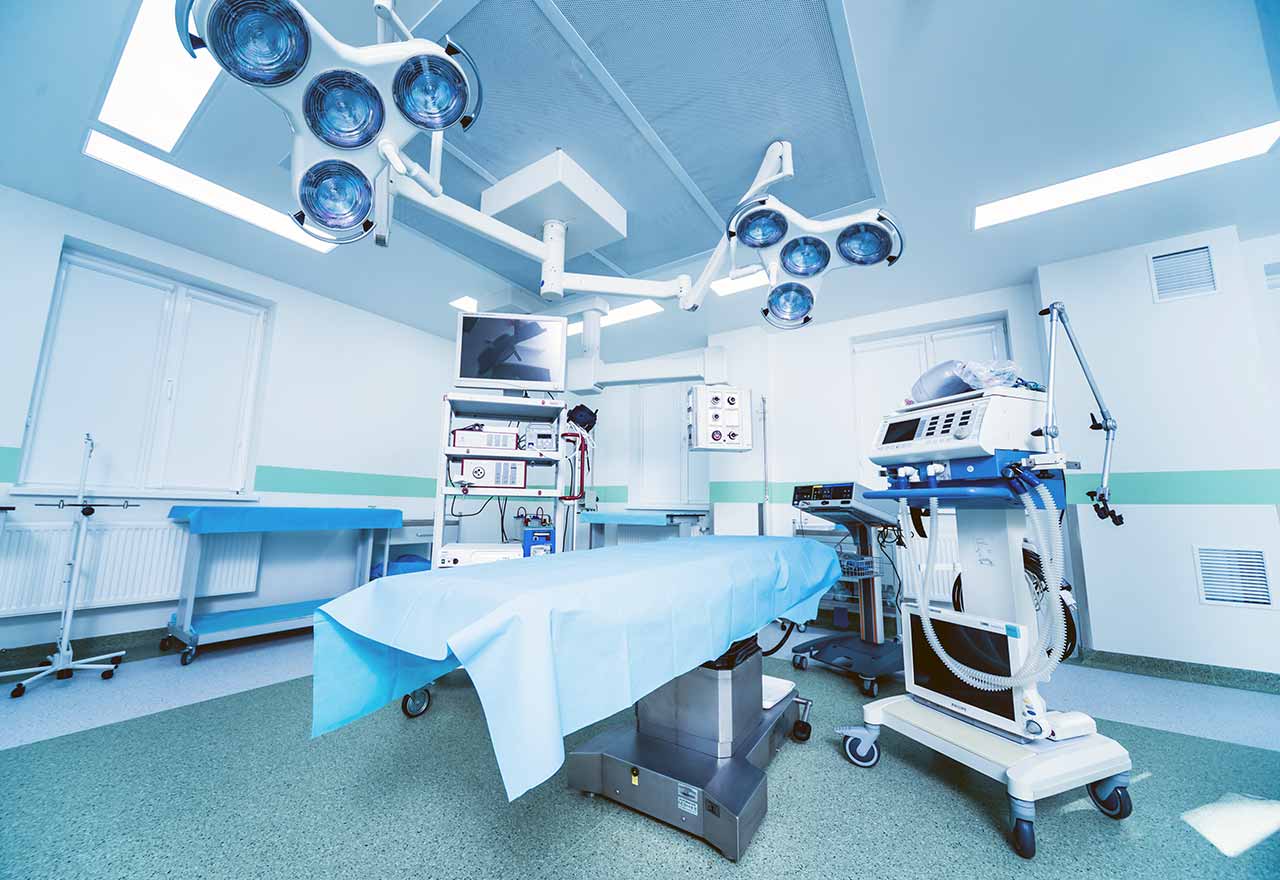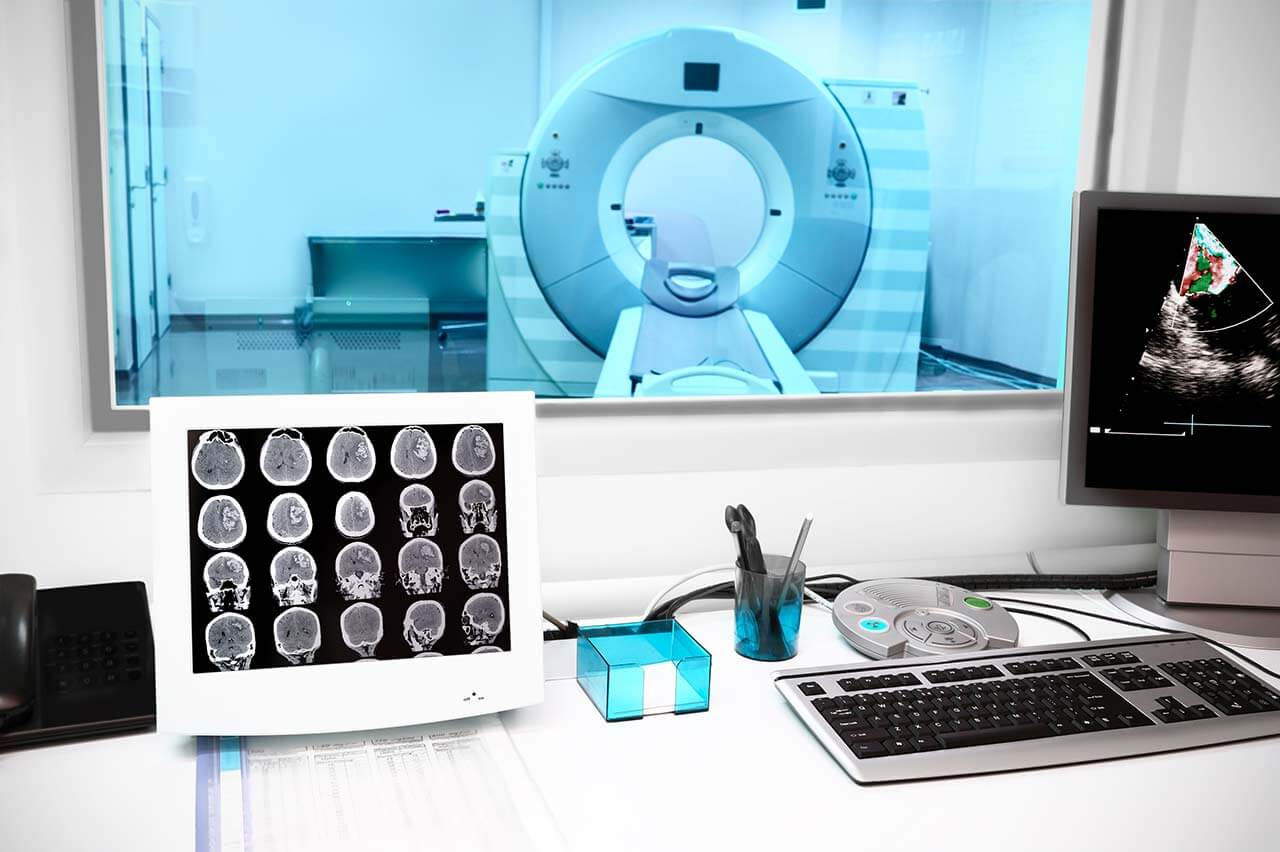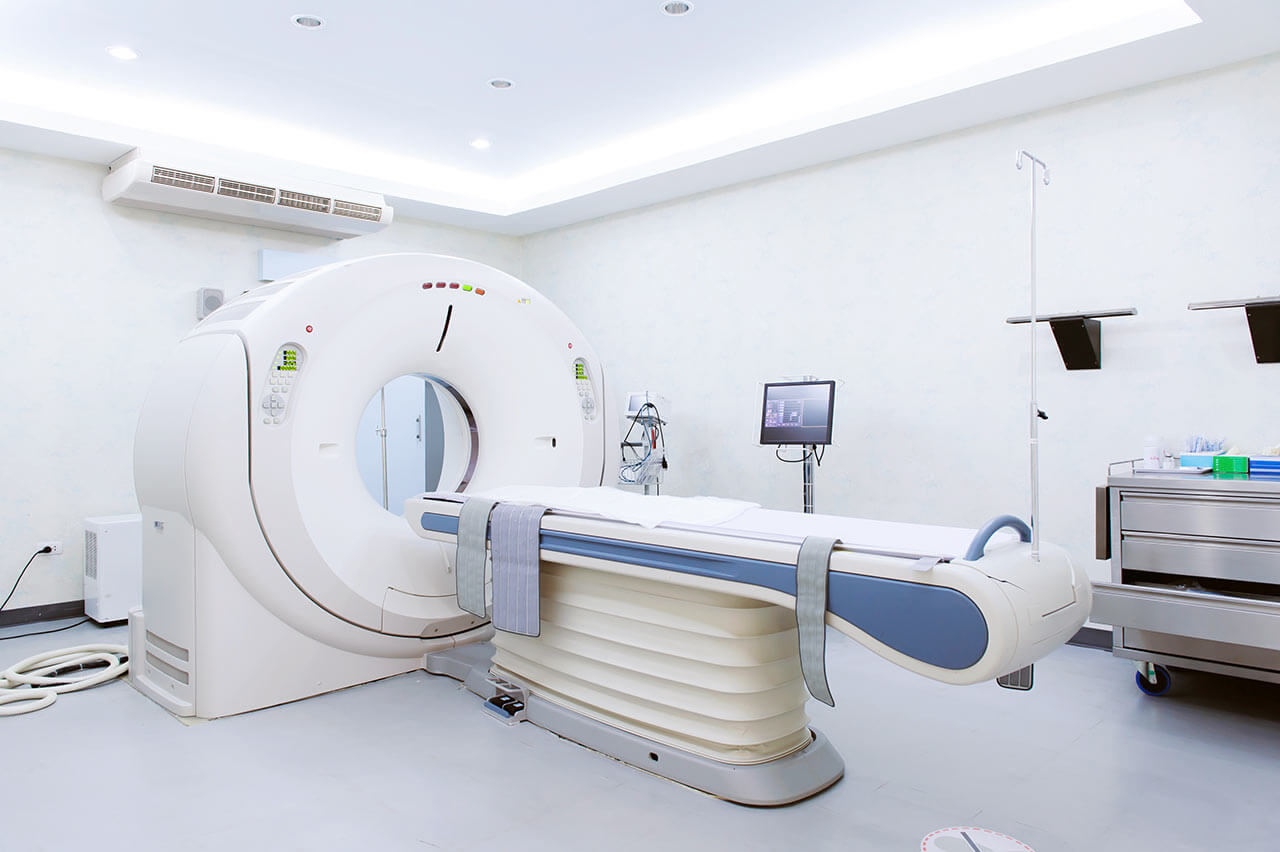
About the Department of Interventional Neuroradiology at University Hospital Hamburg-Eppendorf
The Department of Interventional Neuroradiology at the University Hospital Hamburg-Eppendorf provides a full range of medical services in its area of specialization. It performs imaging diagnostics of the central and peripheral nervous system, as well as minimally invasive interventions to treat pathologies of the brain and spinal cord. The diagnostic capabilities of the medical facility include computed tomography, magnetic resonance imaging, and digital subtraction angiography. Imaging studies are performed on state-of-the-art equipment in compliance with radiation protection standards. Among the therapeutic procedures, the interventional treatment of stroke, brain aneurysms, arteriovenous malformations, and stenosis of the cerebral vessels and carotid arteries is of particular interest. The team of interventional neuroradiologists works closely with neurologists and neurosurgeons to develop the most effective treatment plan for each patient. The medical services provided by the department meet the standards of the German Society of Neuroradiology (DGNR). The Head Physician of the department is Prof. Dr. med. Jens Fiehler.
The department's team of physicians has extensive experience in the interventional treatment of brain aneurysms. This disease is characterized by a pathological local protrusion of the thinned wall of the cerebral artery, which increases the risk of blood vessel rupture and the development of a life-threatening cerebral hemorrhage. As a rule, the treatment is indicated for patients with large aneurysms (more than 5 cm) and in cases when the pathology causes severe symptoms such as headaches, blurred or double vision, numbness, etc. The department's specialists offer patients effective and minimally traumatic treatment of brain aneurysms using endovascular coiling: special platinum coils are delivered to the aneurysm through the femoral artery approach using a catheter that fills its lumen. The procedure stops blood flow in the aneurysm and reduces the risk of rupture. For large aneurysms, an open neurosurgical procedure called clipping is often indicated. Neurosurgeons are responsible for performing this procedure.
The healthcare facility also regularly performs interventional treatment of arteriovenous malformations of the brain, the most common of which is angioma, a benign neoplasm formed from blood vessels. The main danger of an angioma is that the blood coming from the heart flows at high speed directly into the veins, bypassing the small blood vessels of the brain, which potentially threatens the development of cerebral hemorrhage. In many cases, angioma does not cause any symptoms, so it is an incidental finding, but sometimes symptoms are still present: speech and vision disorders, sensory disturbances, and headaches. Treatment tactics for angiomas are determined by a team of physicians that includes neuroradiologists, neurologists, and neurosurgeons. For small angiomas, interventional neuroradiologists recommend treatment by embolization. Using endovascular techniques, embolization coils are delivered under angiographic guidance to the angioma and close its lumen. Embolization is performed under local anesthesia. In more complex cases, a hybrid procedure combining endovascular and classical surgical techniques is offered. Together with the neurosurgeons, the vascular specialists perform more than 400 such procedures per year and are justifiably proud of their extensive experience in this field.
Among the clinical responsibilities of the department's medical team is the treatment of carotid artery stenosis, a leading cause of stroke. To remove the narrowing of the carotid arteries, the department's neuroradiologists perform balloon dilatation followed by stent placement to prevent restenosis. The possibility of endovascular treatment is determined based on the results of a comprehensive preliminary evaluation. If the patient is diagnosed with the last stages of atherosclerotic lesions of the carotid arteries, in most cases classical surgery is advisable.
The department's medical services include the following options:
- Diagnostic procedures
- Computed tomography
- Magnetic resonance imaging
- Digital subtraction angiography
- Therapeutic procedures
- Thrombolysis and catheter-based recanalization for stroke
- Coiling for brain aneurysms
- Embolization and hybrid interventions for arteriovenous malformations
- Balloon dilation followed by stenting for cerebral and carotid stenosis
- Other medical services
Curriculum vitae
Prof. Dr. med. Jens Fiehler has been the Head Physician of the Department of Interventional Neuroradiology at the University Hospital Hamburg-Eppendorf since December 1999. In 2006, the specialist worked on promising research projects at the University of Oxford, England. Dr. Jens Fiehler is one of the founders of the European medical organization ESMINT, and from 2018 to the present he has held the position of Secretary General of this organization. Prof. Fiehler graduated from the Friedrich Schiller University Jena.
Doctor has over 750 peer-reviewed articles. He is an Associate Editor of the Journal of Neurointerventional Surgery and Editor of the Interventional Neuroradiology Column in Clinical Neuroradiology.
The main focus of Prof. Jens Fiehler's research activities are multicentre studies on the treatment of cerebrovascular diseases.
Photo of the doctor: (c) Universitätsklinikum Hamburg-Eppendorf (UKE)





